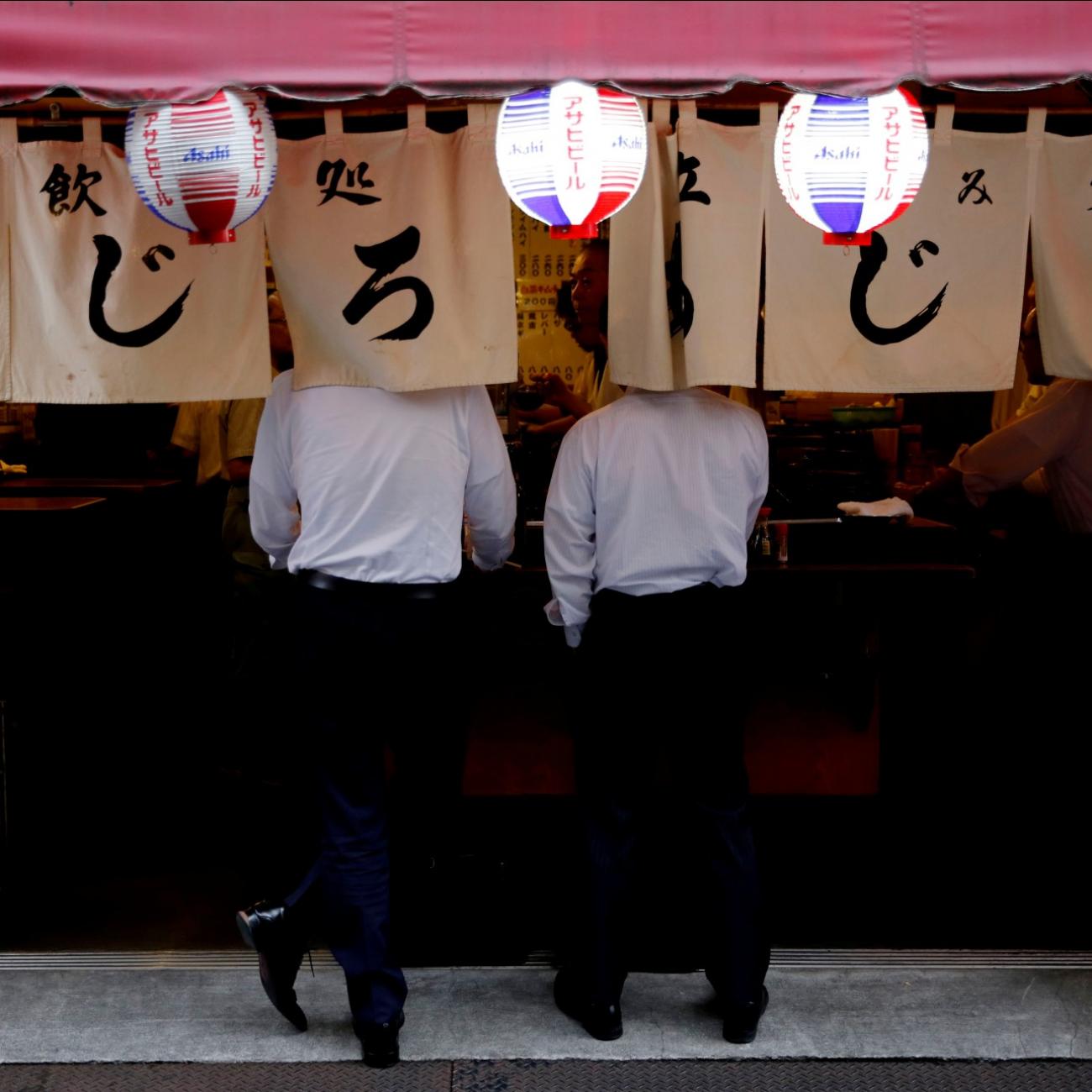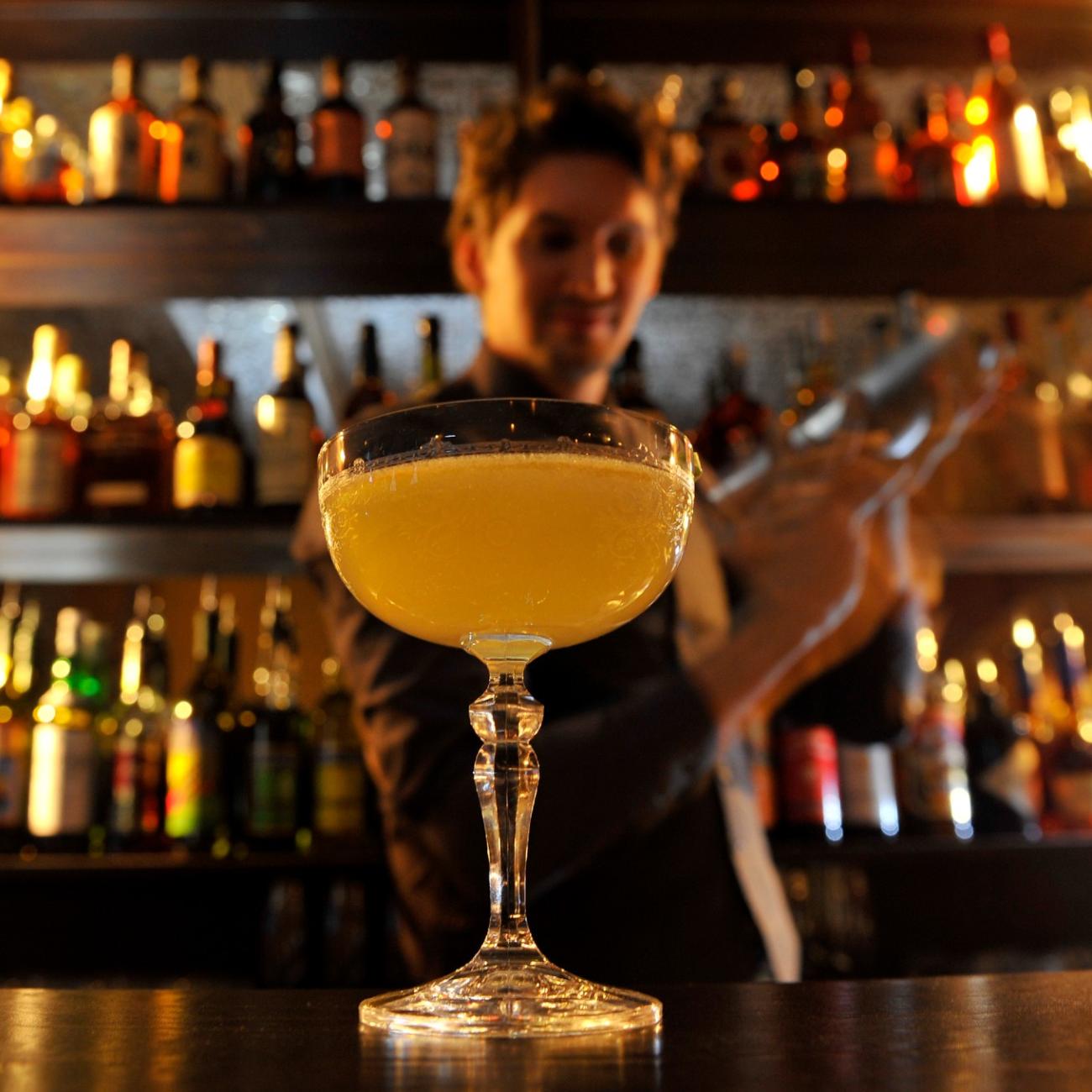As Sri Lanka recovers from its worst-ever economic crisis, one of the surprising outcomes may be improved public health . . . if lawmakers there abide by the adage "Never let a good crisis go to waste."
The backstory may be familiar: in 2022, for the first time in its history, Sri Lanka failed to make interest payments on its foreign debts. Soaring inflation and scarcities of essential goods led to large popular protests and ultimately mass resignations across the government.
Now, eighteen months later, protests have cooled off, the economy has improved, and the country negotiated a rescue deal with the International Monetary Fund (IMF), but the crisis is far from over. In particular, Sri Lanka’s government has had limited capacity to generate tax revenue to fund its operations. Whereas low-income developing countries raised an average of 13.8 percent of GDP in tax revenue in 2020, Sri Lanka raised just 7.4 percent.
Each year, more than 4,200 Sri Lankans die of alcohol-related diseases or injuries
A potential source of revenue is alcohol. Designed appropriately, an alcohol tax could improve Sri Lanka’s fiscal picture at the same time it improves Sri Lankans’ health, saving the government the expense of otherwise necessary health care.
Plenty of evidence supports this. Scientific studies consistently show that increases in the price of alcohol lead to a decrease in alcohol consumption and simultaneously reduce harms. For example, an alcohol tax increase enacted by Lithuania in 2017 saved almost 1,500 lives in just the first year.
Sri Lanka is deeply burdened by alcohol’s harm. Each year, more than 4,200 Sri Lankans die of alcohol-related diseases or injuries, including liver cirrhosis, road traffic injuries, and cancers. Alcohol use also imposes around $733 million in economic losses every year, equivalent to 1.5 percent of the country’s gross domestic product.
Residents are well aware of the situation: 97 percent of Sri Lankans consider alcohol to be a major problem in the country, according to a recent poll by the global health organization Vital Strategies, with 79 percent saying that it’s a major problem. Among their biggest concerns are the link between alcohol consumption and domestic violence and the financial strain it can impose on households.
Alcohol can also cause heavy secondhand harms. In a 2023 study, women described how they were affected by someone else's alcohol use, typically a husband’s or father's, and how it sometimes resulted in self-harm or suicide attempts. Alcohol-related violence and arguments over household funds were common.
Sri Lanka appears to experience higher levels of secondhand harm from alcohol than many other countries do. Nearly 90 percent of survey respondents reported some type of harm from alcohol users in their family or among friends, according to a 2018 study, ranging from physical harm to emotional hurt or financial harm. In more than 10 percent of Sri Lankan households, children are adversely affected by alcohol. Further, almost 10 percent of the urban population uses alcohol at high-risk levels, contributing to liver disease and other noncommunicable diseases.
Alcohol prices remain low: a bottle of beer goes for less than 60 cents, but to significantly improve health, larger tax increases are needed
Well-designed alcohol taxes could help reduce these harms. Additionally, the government’s urgent need for more tax revenue might make the change more politically tenable. During a recent visit to Sri Lanka, IMF representatives commended the government for restoring macroeconomic stability, but noted that tax revenues have not reached agreed targets, which could delay the second tranche of the rescue package.
The IMF’s support was predicated on the government raising alcohol taxation, and it has done so twice this year, raising taxes 20 percent in both January and July. But alcohol prices remain low: a bottle of beer goes for less than 60 cents. To significantly improve health, larger tax increases are needed. The next opportunity to do so is in the 2024 budget, which the Sri Lankan government is currently preparing and which will be debated this month.
But some government officials are hesitant. In a September meeting with IMF representatives, the president's Chief of Staff Sagala Ratnayake expressed concern about the latest alcohol tax increase, saying that it led to a decrease in tax revenue and a surge in illegal production. Excise Commissioner Saman Jayasinghe made similar claims in March.

The government has failed to produce any data supporting these claims, however, which sound more like alcohol industry talking points. Research has shown that the alcohol industry generally overstates the magnitude of unrecorded alcohol consumption without sufficient empirical basis and with misleading references.
Almost all Sri Lankan are concerned about alcohol’s harms, and 73 percent support increased prices on alcohol to address this problem. Will decision-makers in Sri Lanka listen to the people and seize the opportunity created by the economic crisis? In mid-December, we’ll have the answer.







